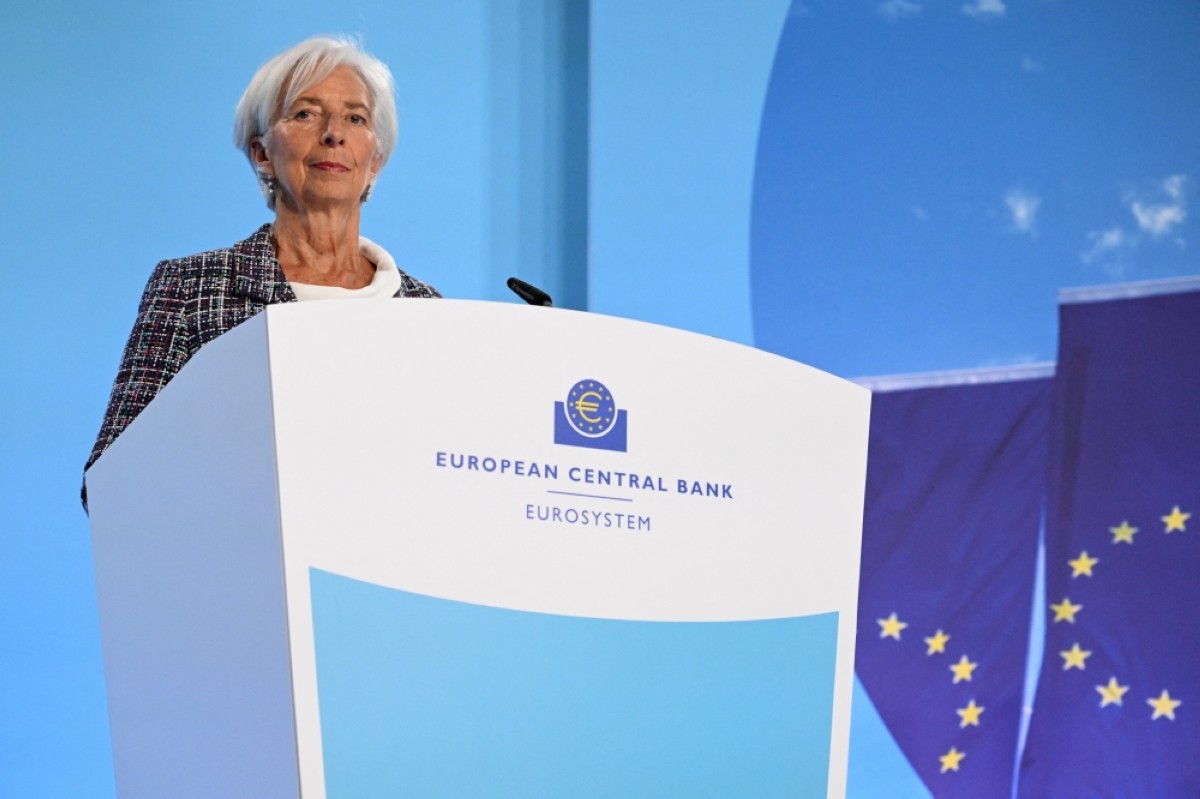British borrowing balloons on Gas and electricity subsidies
LONDON: The UK government’s debt almost tripled last month as it subsidizes gas and electricity bills to protect Britons from high energy costs following producer Russia’s invasion of Ukraine.

MORECAMBE, UK: Britain's Prime Minister Rishi Sunak speaks during a Q&A session at The Platform in Morecambe in Lancashire, northwest England. – AFP.
Public sector net borrowing hit £27.4 billion ($33.9 billion) in December, up £16.7 billion from a year earlier, the Office for National Statistics said in a statement on Tuesday.
That was the highest monthly December figure since comparable records began in 1993, and was far greater than expectations of £17 billion. Prime Minister Rishi Sunak’s energy support schemes for businesses and individuals added almost £7 billion to borrowing.
Interest payments soared to £17.3 billion, which was the second highest month on record and followed £8.7 billion a year earlier. The Bank of England has embarked upon a series of aggressive interest rate hikes to cool sky-high inflation, but this has also ramped up the cost of state borrowing.
The BoE in December hiked its interest rate by half a point to 3.5 percent, the highest level in 14 years.
It began tightening monetary policy in December 2021, when the key rate stood at a record-low 0.1 percent. UK annual inflation slowed to 10.5 percent in December, but remains close to historically high levels, fuelling a cost-of-living crisis and mass strikes by tens of thousands of public and private-sector workers.
The government believes the economy has already entered recession on fallout from rampant consumer price increases. Separately Tuesday, a survey showed UK private sector business activity suffered its biggest drop in two years this month, underlining the threat of a prolonged downturn.
The composite purchasing managers’ index (PMI) hit 47.8 for January from 49.0 in December, compilers S&P Global and the Chartered Institute of Procurement and Supply said in a statement. The reading fell further below the key 50 level signaling a deepening contraction.
Meanwhile, Britain will offer grants to help its two largest steelmakers replace dirty blast furnaces with less carbon-intensive technology, media reported Monday. The BBC reported that grants worth £600 million ($744 million) will “likely” be unveiled this week for Chinese-owned British Steel and Indian-owned Tata Steel UK, to help slash damaging emissions, cut fuel bills and protect thousands of jobs.
The announcement will depend on when the firms accept the offers, The Guardian newspaper noted. British Steel and Tata Steel operate Britain’s four remaining steel blast furnaces. However, London reportedly wants the pair to switch to electric arc furnaces, which the BBC reports could recycle the scrap steel Britain produces and be powered by electricity from renewable sources. A government spokesman declined to comment on the reports but stressed it was committed to helping the industry.
“The government recognizes the vital role that steel plays within the UK economy, supporting local jobs and economic growth,” said a spokesperson for the Department for Business, Energy and Industrial Strategy. It remained “committed to securing a sustainable and competitive future for the UK steel sector”. Business Secretary Grant Shapps “considers the success of the steel sector a priority and continues to work closely with industry to achieve this”, the spokesperson noted.
Sky News had reported Friday that the government was mulling a £300-million rescue plan for British Steel. The package would reportedly hinge on its Chinese owner, giant Jingye Group, investing at least £1 billion and vowing to protect jobs. The broadcaster cited Treasury documents which warned that British Steel’s collapse could cost the taxpayer up to £1 billion.
Meanwhile, Tata Steel had threatened last July to shut its Port Talbot plant in Wales unless it receives British government aid to help decarbonize production. Port Talbot — Britain’s largest steelmaking site — employs around half Tata’s UK workforce of 8,000.











